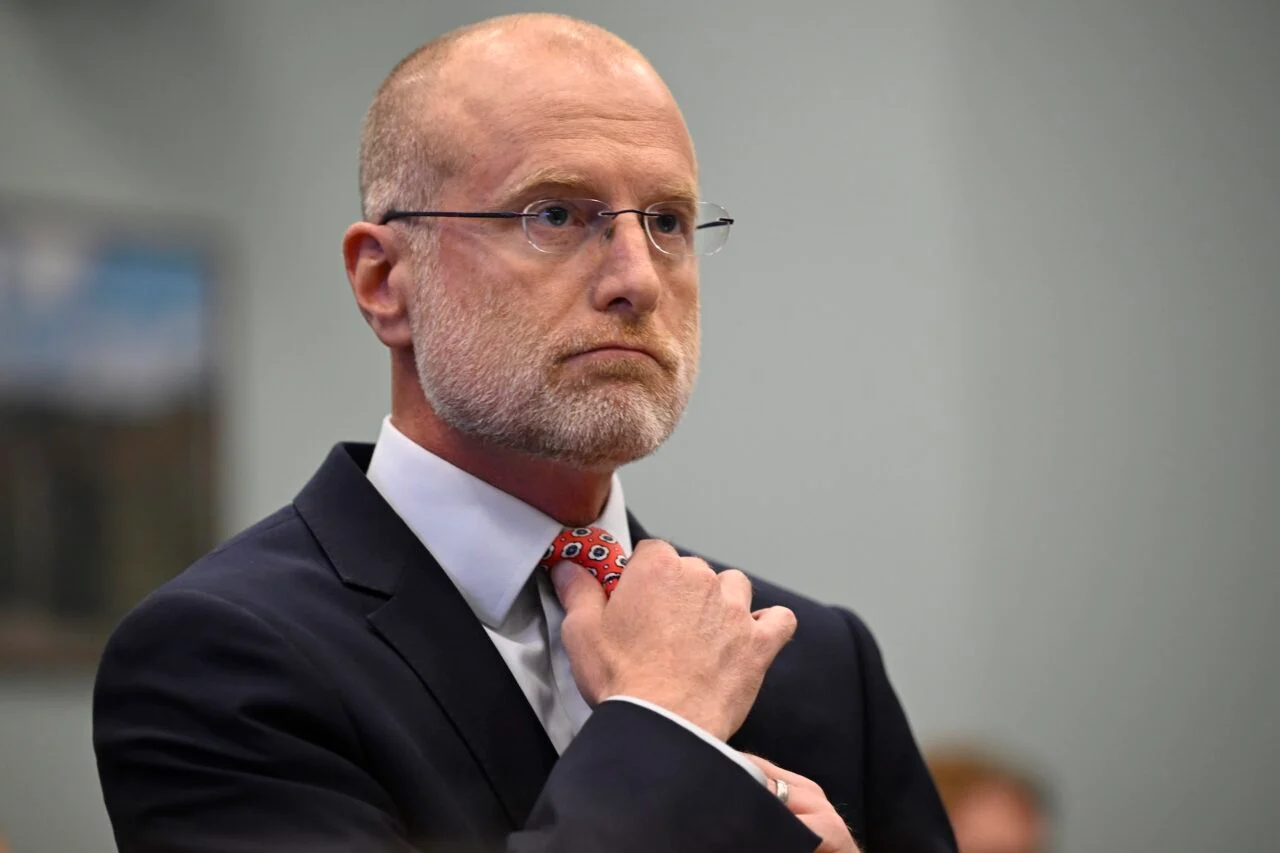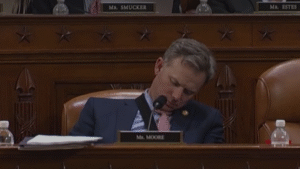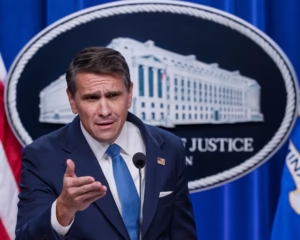FCC to Appoint a Babysitter to Make Sure CBS Isn’t Anti‑Trump sets the stage for a dramatic shift in U.S. media governance. In the wake of an election‑year lawsuit and controversial merger approval, this new oversight arrangement raises urgent questions about press freedom and political influence in journalism.
Background of CBS and Trump Lawsuit
CBS News parent company Paramount Global agreed to a $16 million settlement with former President Donald Trump, who claimed a “60 Minutes” interview with then‑candidate Kamala Harris had been deceptively edited to favor her. Trump filed the suit under the Texas consumer protection law, alleging election interference via misleading media coverage. Though CBS admitted no wrongdoing and issued no apology, the settlement included a commitment to publish full, unedited transcripts of future presidential candidate interviews.
FCC’s Role and Merger Context
Shortly after the settlement, the FCC approved Skydance Media’s $8–8.4 billion merger with Paramount Global (which includes CBS). FCC Chairman Brendan Carr, a Trump appointee, supported the deal—arguing it would restore public trust—while the lone dissenting commissioner, Anna Gomez, warned it violated journalistic independence by pressuring content neutrality.
As conditions for approval, Skydance agreed to end CBS’s diversity, equity, and inclusion (DEI) programs, hire a two‑year ombudsman to monitor bias complaints, and ensure representation of conservative viewpoints across programming.
Ombudsman “Babysitter” Explained
According to Gizmodo’s report, Commissioner Carr detailed that CBS must appoint an ombudsman—or “bias monitor”—who reports directly to the president (though ambiguity remains whether he meant President of Paramount or the U.S. president) and oversees political neutrality for two years. Reddit and online commentary labeled the move as Orwellian, with one user stating:
“One of the things they’re going to have to do is put in an ombudsman in place for two years… basically a bias monitor that will report directly to the President.”
Broad Regulatory Patterns and Free Speech Concerns
This arrangement comes alongside broader regulatory actions by the FCC under Carr’s leadership. Since January 2025, the agency has reopened bias investigations into CBS, ABC, NBC, and reexamined public media like NPR and PBS, while also probing Comcast’s DEI practices—actions critics say weaponize regulation to stifle dissenting media voices.
Pressure from watchdog groups and former FCC chairs has intensified, warning the agency risks acting as the “White House’s personal censor,” undermining First Amendment protections and press autonomy.
Industry and Political Reaction
At CBS, the settlement stirred widespread dismay. Several senior staff, including the executive producer of “60 Minutes,” resigned, citing erosion of editorial independence. Journalists and watchdog groups view the legal and regulatory pressure as part of a pattern of political coercion over newsroom content.
Democratic lawmakers such as Senator Elizabeth Warren have condemned the merger’s approval timing and terms, labeling it a coercive quid pro quo and pledging legislative oversight of FCC regulatory authority.
Implications for Media Freedom and Legal Precedent
Legal experts warn that using settlement‑linked regulatory demands or ombudsman oversight as merger conditions sets a dangerous precedent. These tactics could chill critical journalism and serve as a political lever to influence editorial decisions. Critics argue that the so‑called “news distortion” policy being revived reflects a misuse of FCC authority not consistent with public interest mandates.
What Comes Next—Watchdog or Watchdogged?
CBS and Skydance must now appoint an ombudsman and roll back DEI policies, according to the agreement. FCC oversight continues through the merger closing (expected around August 7, 2025). The broader question: Will this become a model where political actors leverage settlement and merger approval to shape editorial policy? And how will courts or Congress respond? Legal battles and legislative probes are underway, with potential long‑term consequences for regulatory norms and press independence. Vulture
Analysis and Conclusion
The FCC’s mandated appointment of a “bias monitor” at CBS—essentially a babysitter ensuring CBS isn’t anti‑Trump—marks a troubling moment in the evolution of U.S. media governance. While framed as restoring trust and balance, critics see it as ideological enforcement cloaked in regulatory authority. From the settlement to the merger, the entire saga underscores how political interests and corporate alliances intertwine, potentially at the expense of journalistic integrity and constitutional protections.
As this arrangement unfolds, it will be critical to watch how courts, lawmakers, and media institutions respond. The boundaries between regulatory oversight, political coercion, and editorial freedom are being sharply contested—raising stakes for the future of free speech in America.
Subscribe to trusted news sites like USnewsSphere.com for continuous updates.





